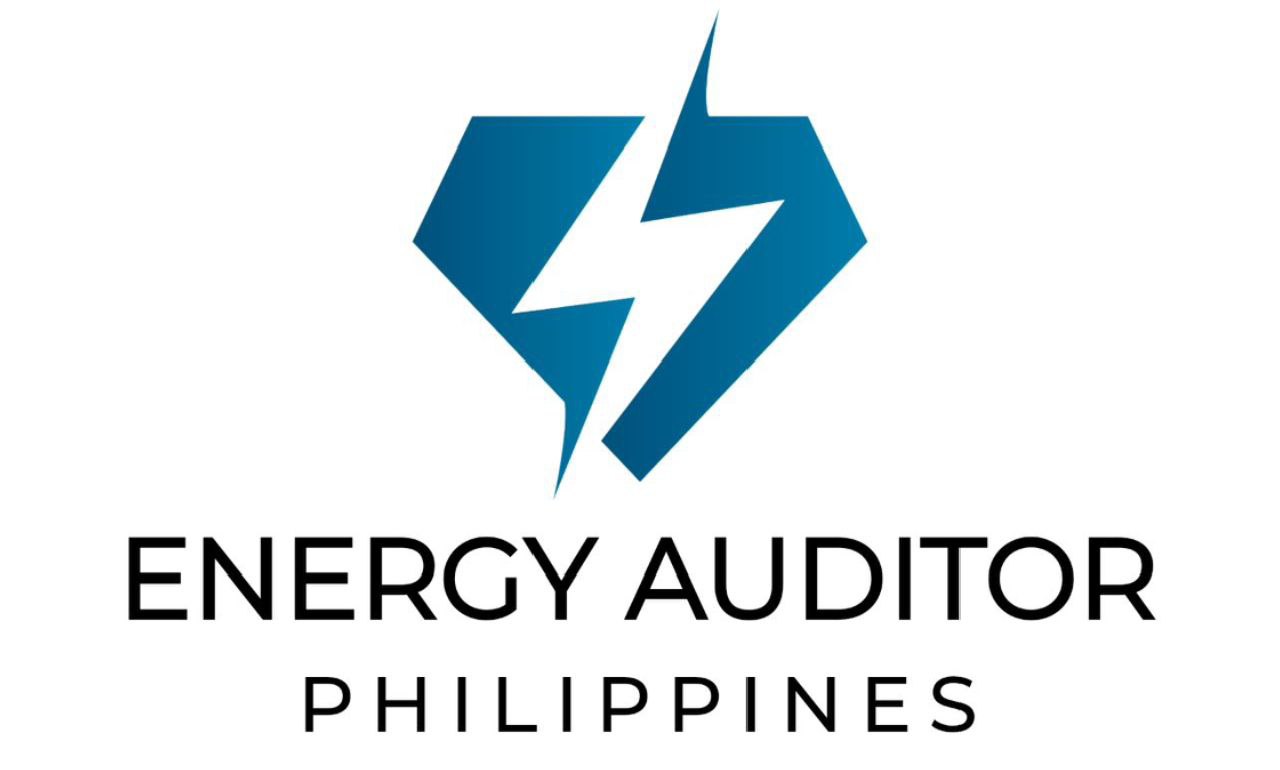In the pursuit of a more sustainable future, understanding the fundamentals of energy audits stands as a cornerstone. In the context of the Philippines, where energy demands surge and the drive for sustainable practices intensifies, comprehending the essence of energy audits becomes pivotal. This introductory piece aims to shed light on what energy audits encompass, their significance, and how they specifically align with the intricate tapestry of the Philippines’ energy landscape.
What Are Energy Audits?
At its core, an energy audit is a systematic assessment of energy usage within a specific setting, be it a residential space, commercial establishment, or industrial facility. It involves a meticulous examination of energy consumption patterns, infrastructure, and operational practices to identify areas of inefficiency and opportunities for improvement. Energy audits provide detailed insights into where and how energy is utilized, offering a roadmap towards enhanced efficiency and reduced waste.
The Significance of Energy Audits in the Philippine Context
The Philippines stands at a crucial juncture where energy demands continue to escalate. The importance of energy audits in this context cannot be overstated. These audits serve as strategic tools to address the challenges posed by rising energy demands, volatile energy prices, and environmental concerns stemming from excessive energy consumption.
Moreover, within the Philippine energy landscape, where the reliance on fossil fuels remains significant, energy audits offer a pathway towards diversification. They pave the way for the integration of renewable energy sources such as solar, wind, hydro, and geothermal power, aligning with the nation’s goals for a more sustainable and resilient energy future.
Navigating Through the Audit Process
Energy audits encompass various levels, from basic assessments to comprehensive, in-depth analyses. Typically, audits involve an evaluation of building structures, equipment, systems, and operational practices. This examination identifies inefficiencies, quantifies energy use, and presents recommendations tailored to optimize energy consumption and reduce costs.
In the Philippines, energy audits cater to the unique needs of different sectors. From industries aiming to enhance production efficiency to households seeking to reduce energy bills, the audit process adapts to specific requirements while aligning with broader sustainability objectives.
The Impact and Benefits
The ramifications of energy audits transcend mere cost savings. While optimizing energy usage inevitably leads to reduced operational expenses, the broader impact extends to environmental conservation and societal well-being. Implementing the recommendations derived from energy audits minimizes carbon footprints, mitigates climate change effects, and fosters a healthier environment for communities.
Embracing a Sustainable Tomorrow
In essence, energy audits embody a proactive approach towards sustainability within the Philippines’ dynamic energy landscape. They empower businesses, industries, and individuals to make informed decisions, adopt energy-efficient technologies, and contribute to the nation’s journey towards energy resilience and environmental stewardship.
As the Philippines navigates its energy future, energy audits stand as indispensable tools in achieving a delicate balance between meeting the rising energy demands and safeguarding the environment. Embracing energy audits is not merely a choice; it is a commitment—a commitment towards a future where sustainability and energy efficiency harmoniously coexist for the benefit of current and future generations.











































